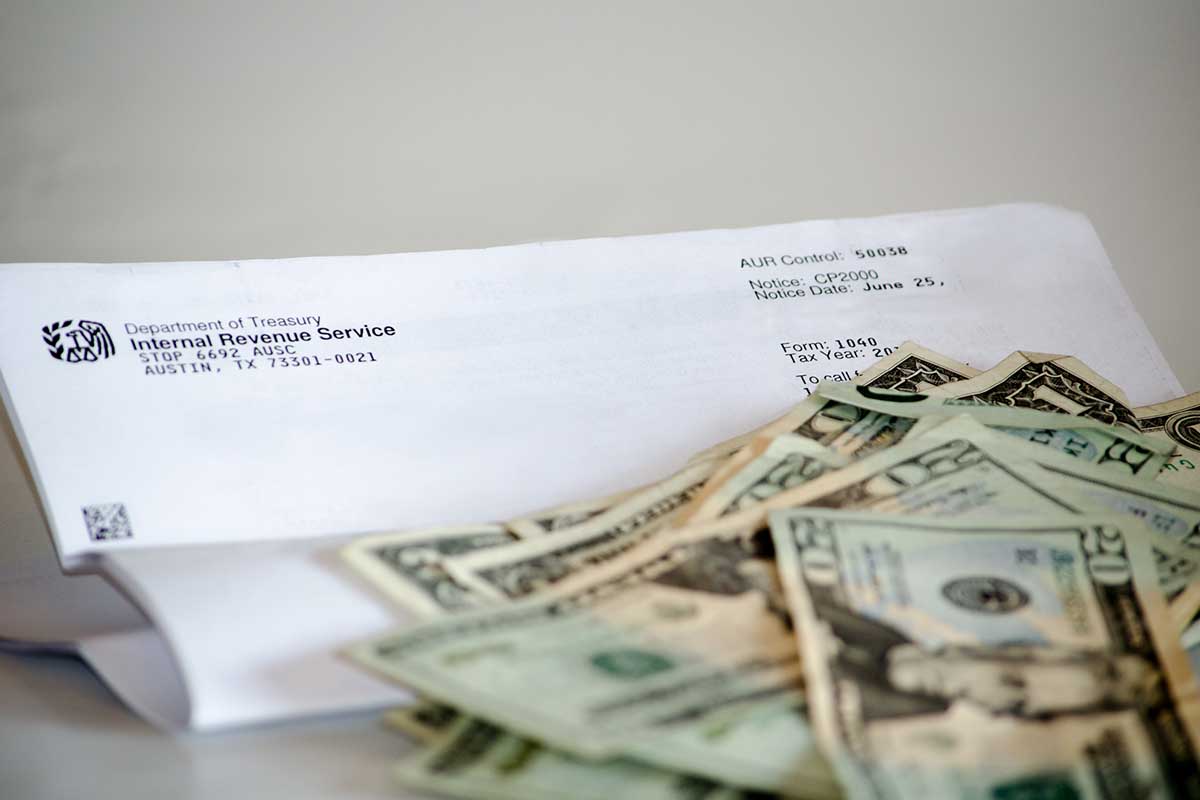How to Start a Real Estate Business in Thailand
Key Points
- Resilient Real Estate Market: Thailand’s real estate market has bounced back after the pandemic, driven by government initiatives and remote work trends.
- Complex Regulations: Foreigners face challenges like complex legal structures, restrictions on land purchases, and the need to comply with Thai laws.
- Company Setup Process: Setting up a real estate business requires legal documents, shareholder agreements, and permits, especially for development or brokerage work.
Thailand is home to a flourishing real estate market which is watched closely by investors all around the globe.
The market is competitive but rife with opportunities, and there are bargains to be found in all types of properties from urban condos to luxury villas. Many expats have gotten a piece of the action by setting up their own real estate business there.
Properties in Thailand have bounced back from the pandemic, proving the market’s resilience and presenting many opportunities for savvy business people and developers.
The market was buoyed by government initiatives such as the Eastern Economic Corridor project, which aims to use infrastructure to facilitate growth and development.
Meanwhile, Thailand has always been a top destination for digital nomads, and thanks to the rise in remote work, many more have come to the country.
That said, starting a real estate business in Thailand is not all plain sailing.
There are plenty of challenges, such as complex regulations, restrictions on foreigners’ land purchases, and, of course, competition.
This guide will outline the process of starting a real estate business in the kingdom and the kinds of risks and opportunities that are present.
Establishing a real estate company in Thailand
Operating through a real estate company rather than as an individual is essential in Thailand, so you will need to set one up if you don’t have one already.
This makes the legal side of development projects and property transactions much simpler.
Below are the main stages of setting up a business in Thailand.
Theoretically, you could be operational in as little as four weeks, but you should expect it to take longer, especially if you’re doing all the documents yourself and are not using a consultant or agency.
It is worth noting that many foreigners use one to make sure the registration process goes smoothly.
Choose a business structure
There are three main structures you can use for your real estate business in Thailand: a limited liability company, partnership, or joint venture.
Each has its own advantages and disadvantages, which you should discuss with your legal or financial advisors if possible.
However, most foreign businesses are structured as LLCs. This structure only allows you to lose the capital you’ve contributed to the business.
LLCs require three shareholders, a director, and at least two million baht in capital.
The majority of shares should be owned by Thai citizens; however, preference shares can be owned to control more votes.
If you do not have local contacts who can act as nominee shareholders in your company to satisfy the above requirements, agencies or law firms may arrange this for you.
Register your company
This stage requires a number of legal documents and is really where consultants or agents can be very handy.
Documents such as the articles of association, memorandum of association, and shareholder agreements will all have to be submitted to the Department of Business Development or the Ministry of Commerce.
You should then receive a certificate of incorporation and taxpayer number.
You can now open a bank account and register your company for VAT.
This can all be a lot of hassle, but it’s necessary to get started in the business if you ever want to be involved with properties that are not condos.
As an individual, a foreigner cannot simply buy a house for sale in Pattaya, Thailand, because the country prohibits foreigners from buying land. However, you can purchase it through a business.
Licenses and permits
Before you can begin investing in and modernizing your properties, there may be licenses you need to get from the relevant authorities.
This really depends on what your business activities will be.
There is no specific license needed just to open a business in the real estate industry, but there is if you plan to operate as a broker or developer. Construction work may require a permit.
No license is usually required if your business invests in properties for the purpose of letting or refurbishment.
There are, however, a number of required documents which property owners need to provide.
Remain compliant
The Thai legal system can be complex and very bureaucratic.
Unless you want to deal with it more than is strictly necessary, it is important to ensure your business stays compliant with all the relevant laws and regulations.
You will also need a system or legal advisor who can keep you informed of changes so that your business can adapt.
One example of the kind of regulations you will need to adhere to relates to hiring staff if you choose a limited liability company structure.
For every foreigner on the team, you must employ four Thai staff members.
Additionally, an LLC needs to have an additional two million baht in capital for every foreign employee it hires.
How to Start a Real Estate Business in Thailand: Conclusion
Once your company is registered, you can start operating immediately and take advantage of Thailand’s real estate opportunities.
In most cases, even if you want to change your commercial activities to something else, you do not typically have to restart the registration process.




















